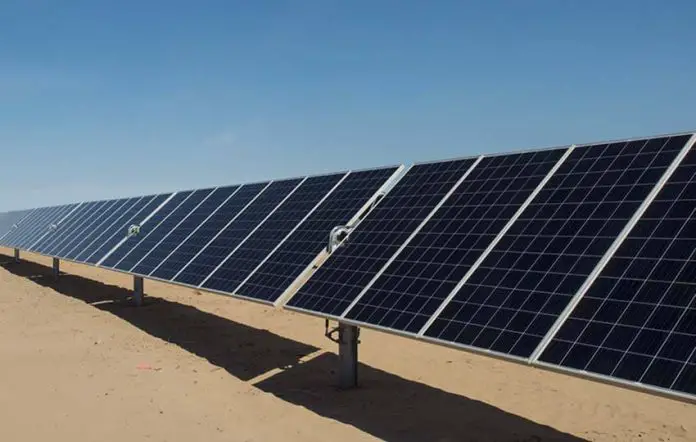Mexico will push for greater funding for developing countries at the 2021 United Nations Climate Change Conference (COP 26), which begins in Glasgow, Scotland, on Sunday.
Foreign Minister Marcelo Ebrard said Monday that Mexico and other Latin American and Caribbean nations will demand that rich countries provide additional money so that developing countries can meet their climate goals.
“… It was announced some years ago that there was going to be US $100 billion to help [developing] countries, but of that money, nothing has been spent that we know about,” he said.
Developed countries pledged in 2009 to mobilize $100 billion per year in climate finance by 2020. The goal was reiterated in the 2015 Paris Agreement, but OECD data released last month showed that developed countries made virtually no progress toward it.
Ebrard said that Latin American countries need to make an “enormous effort” to reduce their use of fossil fuels and transition to renewable energy sources but lamented that the region’s capacity to access resources is extremely limited compared to the United States and European nations.
“Access to financing is not proportional or equitable, nor does it correspond to the amount of emissions each country generates,” he said.
Mexico will be represented at COP 26 by a delegation of federal officials, including Environment Minister María Luisa Albores and Deputy Foreign Affairs Minister Martha Delgado.
Ebrard said that Mexico will present flagship government initiatives such as the Sembrando Vida (Sowing Life) tree-planting employment program and the proposed US $1.7 billion 1 GW solar farm in Sonora.
Mexico has pledged to reduce greenhouse emissions by 22% by 2030 and 50% by 2050, but there are doubts that those targets can be met under current policy. President López Obrador sent a constitutional bill to Congress earlier this month that seeks to guarantee 54% of the electricity market to the state-owned Federal Electricity Commission, which relies heavily on fossil fuels.
Jorge Villarreal, climate policy director at the Mexico Climate Initiative, described Mexico’s 2030 emissions reduction target as unambitious.
“We’re the 13th largest emitter in the world. Without adequate climate change policies, we’ll have emissions in 2030 that could be greater than those of the United Kingdom or Germany or similar to those of Japan,” he said.
“… The goal of reducing emissions by 22% is not ambitious, and in that sense, there is a wide window of opportunity for Mexico to reorient its policies,” Villareal said.
With reports from El País, Argus Media and Bloomberg
